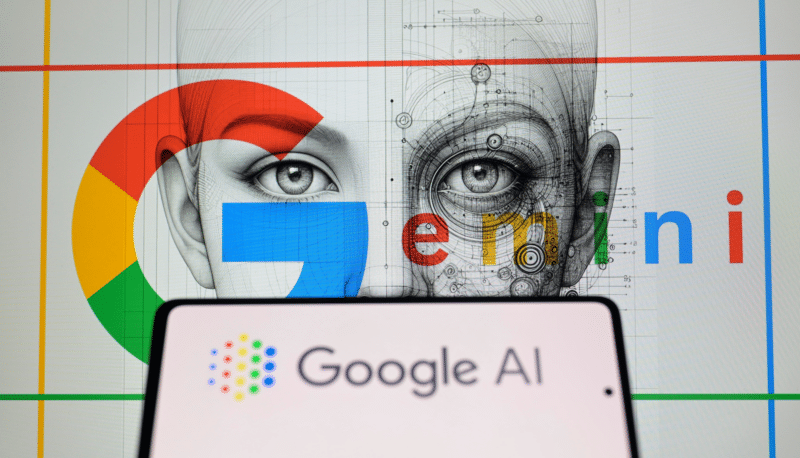
The Future of Google Ads: Embracing AI and Multimodal Search Experiences
The landscape of digital advertising is set to transform dramatically in 2025 with Google Ads playing a central role in this revolution. According to Brendon Kraham, VP of global search ads and commerce at Google, the upcoming changes will surpass the impact of the mobile revolution. Marketers and software developers alike are urged to understand these shifts to maintain their competitive edge in the evolving marketplace.
One of the primary pillars of this transformation is the movement towards multimodal search experiences. Traditional keyword-based queries are being replaced with diverse and engaging formats that allow consumers to interact with search results in innovative ways. This evolution creates a significant opportunity for marketers to rethink how they connect with audiences and deliver value.
The integration of AI-powered creative tools is another transformative aspect that brands must pay attention to. These enhanced tools will enable marketers to generate more compelling advertising content through AI assistance. This forward-thinking approach is essential for developing strategies that resonate with consumers in an increasingly complex digital landscape.
Improved measurement capabilities will further solidify the foundation for effective advertising strategies. The introduction of advanced analytics and tracking systems will empower advertisers to assess performance across multiple channels more precisely. Such clarity is crucial for optimizing campaigns and achieving desired outcomes.
As Google continues to refine its AI platform Gemini amidst competitive pressures, the core advertising products, including Performance Max and Demand Gen, will be upgraded with innovative AI functionalities. These upgrades are designed to maintain compliance with privacy standards, which is paramount in today’s data-driven environment.
Businesses are encouraged to experiment with AI-powered tools to harness the benefits of these advancements, even if initial results are not immediately favorable. The willingness to adapt and evolve is essential for brands to stay relevant in this fast-paced advertising ecosystem.
In relation to these changes, the synergy between AI-driven advertising and URL shorteners cannot be overlooked. Tools like BitIgniter and LinksGPT empower marketers to streamline content sharing and enhance user engagement through custom domain management and short link creation. By leveraging these URL management solutions, brands can improve their digital marketing strategies, ensuring links are easy to remember and share while analyzing click data to refine their approaches.
Furthermore, as Google amps up its capabilities, the need for robust link management systems becomes even more critical. Integrating short links, such as those provided by tinyurl or similar services, can enhance tracking for the evolving ad formats. This combination of strategies will ultimately facilitate improved consumer interactions and drive better performance metrics.
The future of digital marketing demands adaptability and innovation. The AI-driven changes in Google Ads mark a new era where brand strategies must evolve or risk being left behind.
Hashtags: #BitIgniter #LinksGPT #UrlExpander #UrlShortener #DigitalMarketing #AIAdvertising
Want to know more: Read more

